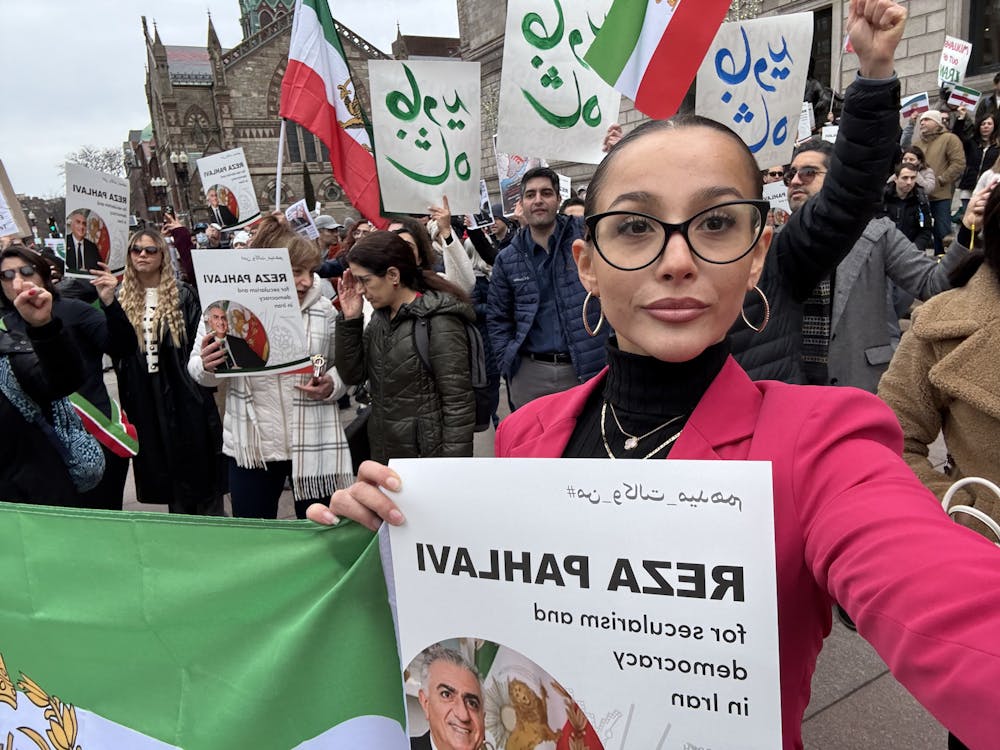One of the greatest contributing factors to pollution in America today is the persistent struggle of multiple parties to keep gas prices as low as possible. The United States and its citizens will not change until their hands are forced, until the struggle is to raise gas prices.
Lower gas prices lead to more driving and more inefficient automobiles. If gas is cheap, the average person can afford to drive a gas-guzzling car to work, to school or to the movie theater a block away. This average person has no need to find alternative, environmentally friendly means of transportation, so the market and government have no need to provide them with effective and affordable alternatives.
In a system such as this, automobile manufacturers produce primarily fuel-inefficient cars while hybrid and electric cars remain toys for the wealthy to ease their consciences and buses are seen as tools for students and the working class. This is the current American system; gas is cheap and change is expensive, so people buy cars and the ice caps keep melting.
It is time to consider an alternative path for our society to take as more people become aware of the environment’s gradual collapse. Hybrid and electric cars are expensive because there is little incentive to buy them beyond the plight of the polar bear. Many bus systems are stagnant or declining because our culture puts heavy stress on owning private cars. If gas prices for private drivers increase, however, it is very likely the U.S. will see drastic changes in its citizens’ habits. As the free market and public policy change along with the mindset of the public, the reforms will be political, social and economic.
To describe the results of higher gas prices, I will employ two very frightening words: taxes and subsidies. If a government — local, state, or federal — were to tax gas at the pump, drivers would immediately cut down on unnecessary trips, and those who could would begin traveling by bus. Over time, conventional car sales will drop and demand for hybrid and electric vehicles will spike. Manufacturers will devote more time to developing cheaper, sustainable vehicles to meet the new demand. Some bus routes will be overcrowded, but proceeds from gas taxes could be used to pay for the improvement of public transportation, which would not be subject to the gas tax in order to defray costs.
To ease the transition period, the government would subsidize hybrid and electric car manufacturing, thereby allaying the temporary dip in profits from car sales as well as encouraging consumers to buy new emission-free or low-emission vehicles. Above and beyond these positive effects, the exhaust polluting the atmosphere will drop precipitously.
The results of heightened gas prices are not only environmental. When there are fewer cars on the road, there will be fewer accidents, less need to find space to park – allowing for increased expansion – and less noise pollution.
Currently, the American system has relegated environmentalism to a buzzword, leaving it only for those who are willing to devote their entire lives to the cause or to those who have enough money to take it on as a hobby. Relying on the good conscience of a few to save the world from the apathy and ignorance of the many is no way to live. Until the conditions of the system change, the people will not change and the environment will continue to be paved under our indifference.
Davis Einolf is a freshman Writing Seminars Major from Portland, Ore.




